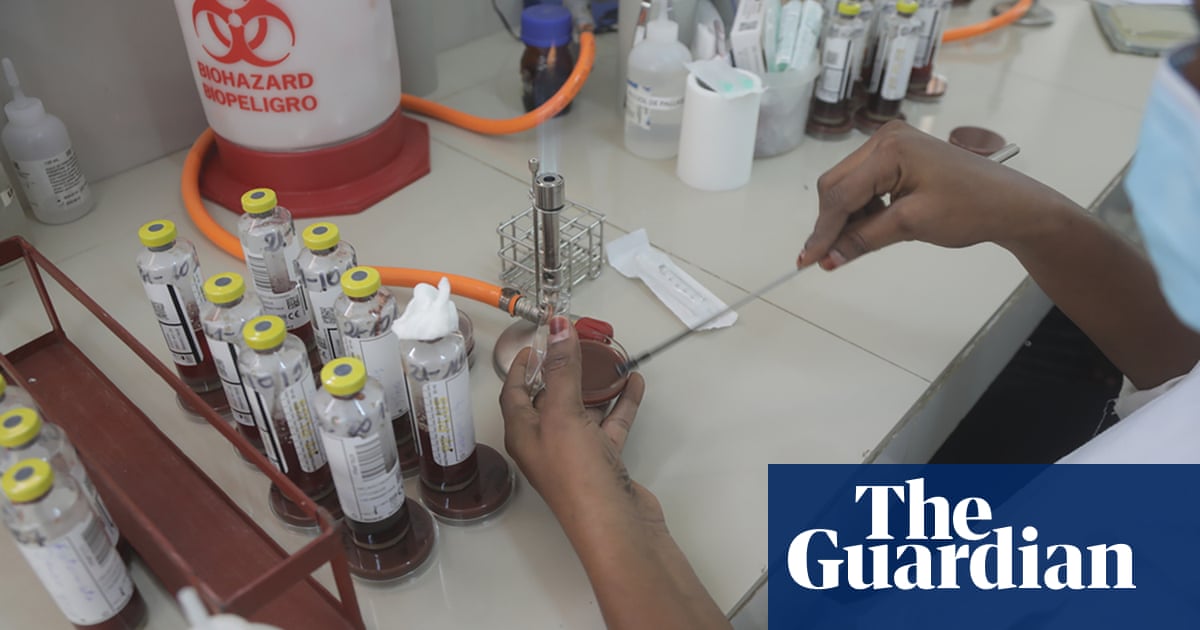‘Chantelle … was misusing cannabis and alcohol and … placing herself at risk of sexual exploitation” is a staggering sentence to find in a council’s case summary about a child in its foster care system. Here’s another one, from an assessment record by children’s services on the subject of 14-year-old Erin (not her real name). “Erin … is being exploited into prostitution. She hangs around with a number of men who take her money. She is a very promiscuous girl.”
I could go on. Groomed: A National Scandal is full of them. Film-maker Anna Hall has decades’ worth of material to choose from. Her 2004 film Edge of the City was the first television exposé of what we now call grooming gangs, born of research she had begun after a chance meeting five years before with a senior director at Barnardo’s children’s charity who told her that they had noticed a new pattern of child abuse. Groups of men were targeting vulnerable children – almost always white girls, usually in the care system – befriending them, giving them drink and drugs, becoming their “boyfriends”, then having sex with them and offering them round to other men.
Chantelle, now 32, speaks here of being 11 when her twentysomething “boyfriend”, one of the men who used to sit on the wall outside her Manchester children’s home, started grooming her. The abuse, including being kept in a hotel room for days and “passed about”, went on for years. She contacted the police many times, she says, but “they never done anything”.
Erin was groomed from the age of 12 and first raped at 13. The police told her mother that it was Erin’s lifestyle choice. An even worse attack followed. Her mother took her daughter (“bitemarks head to toe”) and her knickers full of semen back to the police. They did nothing. A social services report notes that she is “a young girl … who frequently puts herself at risk”.
Hall’s film lays out the systemic failures of the police and all the other authorities supposedly in charge of protecting these girls and thousands like them, not just then, but now and all the terrible years in between. It is a tale of blind eyes turned, abundant evidence ignored, reports buried and task forces disbanded.
One such taskforce was Operation Augusta, set up as a result of the 2003 death of 15-year-old Victoria Agoglia after she reported being raped and forcibly injected with heroin by a much older Asian man. It was led by detective constable Maggie Oliver, who says here it took just weeks to find evidence of grooming gangs (“We identified about 97 child rapists”) to whom such vulnerable girls were “just cannon fodder”. The group was broken up while Oliver was away on compassionate leave.
Jayne Senior, who would become the whistleblower and source for the Times newspaper articles that first brought the Rotherham grooming scandal to public attention, says the Home Office report she helped prepare was buried for clearer reasons. “I was told on more than one occasion to stop rocking the multicultural boat,” she says.
The ethnicity of many of the men involved, of course, is what seems to have made the subject so unpalatable to the powers that be. The possibility of being seen as racist – or, given the religion of many of the alleged perpetrators, Islamophobic – apparently outweighed the need to stop children being beaten, raped and trafficked. The testimony of more recent survivors suggests that, whatever the claims made by the various police forces and authorities about a revolution in approaches since, little has changed.
The anger of Senior, Oliver and Hall herself is palpable, with Hall’s fuelling but never overwhelming the film. The survivors are still deeper in survival mode, trying to heal, to overcome the damage and the grief caused by their terrible experiences. How you do that in a world that still privileges image over awful substance, a world in which the deep misogyny that allows female suffering to be dismissed and the victims blamed for it, I do not know. But it is films like Groomed – in their unflinching detail, in the testimonies they present, in the unpublished reports they excerpt – that may function as a stepping stone, somehow, some day, to some redress.

.png) 4 hours ago
3
4 hours ago
3













































